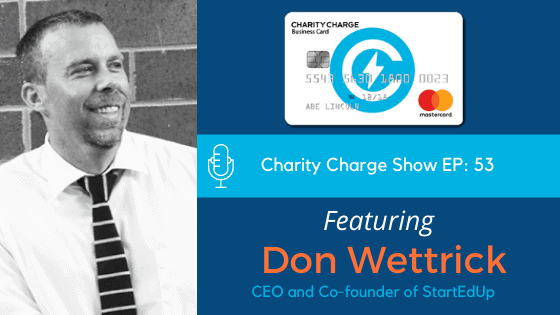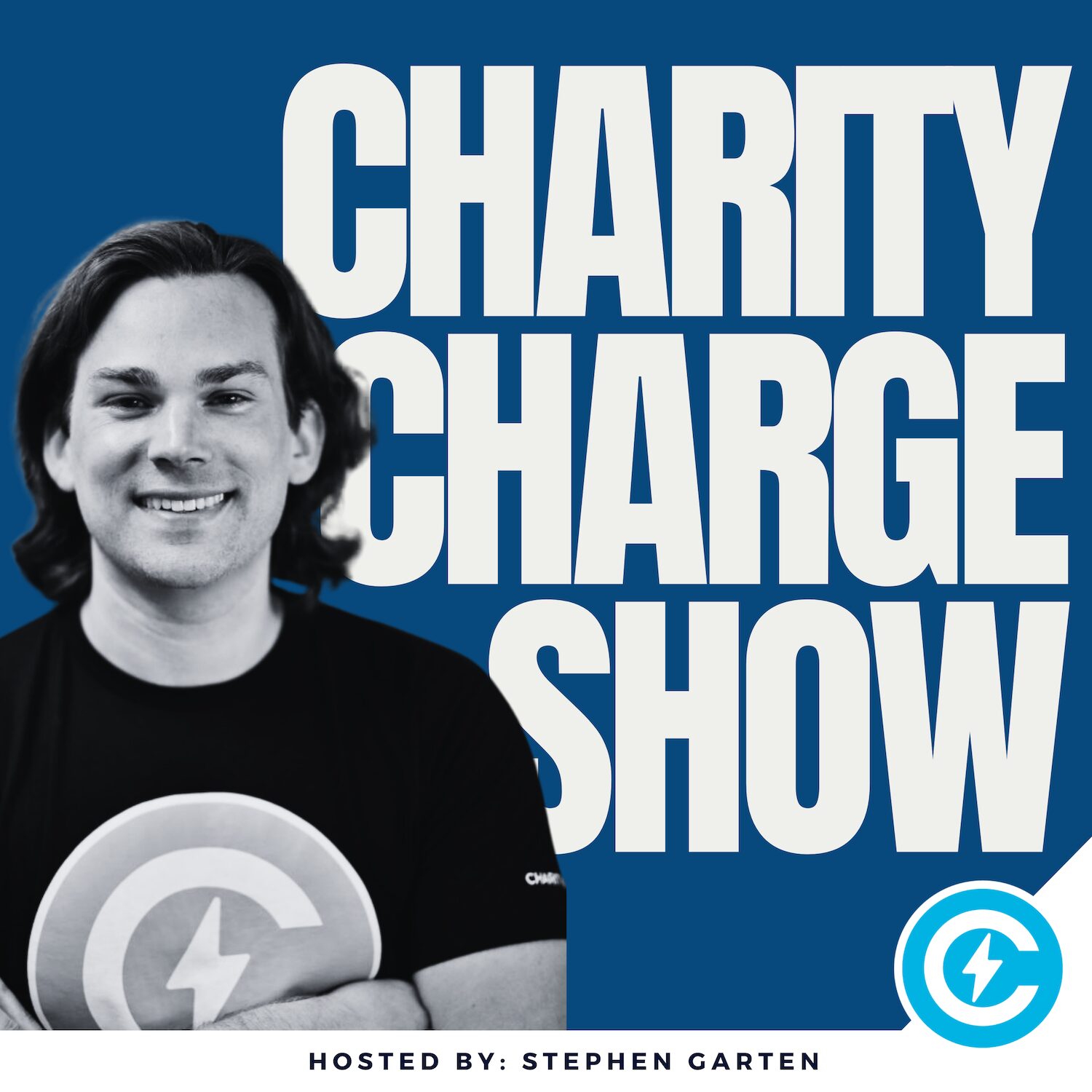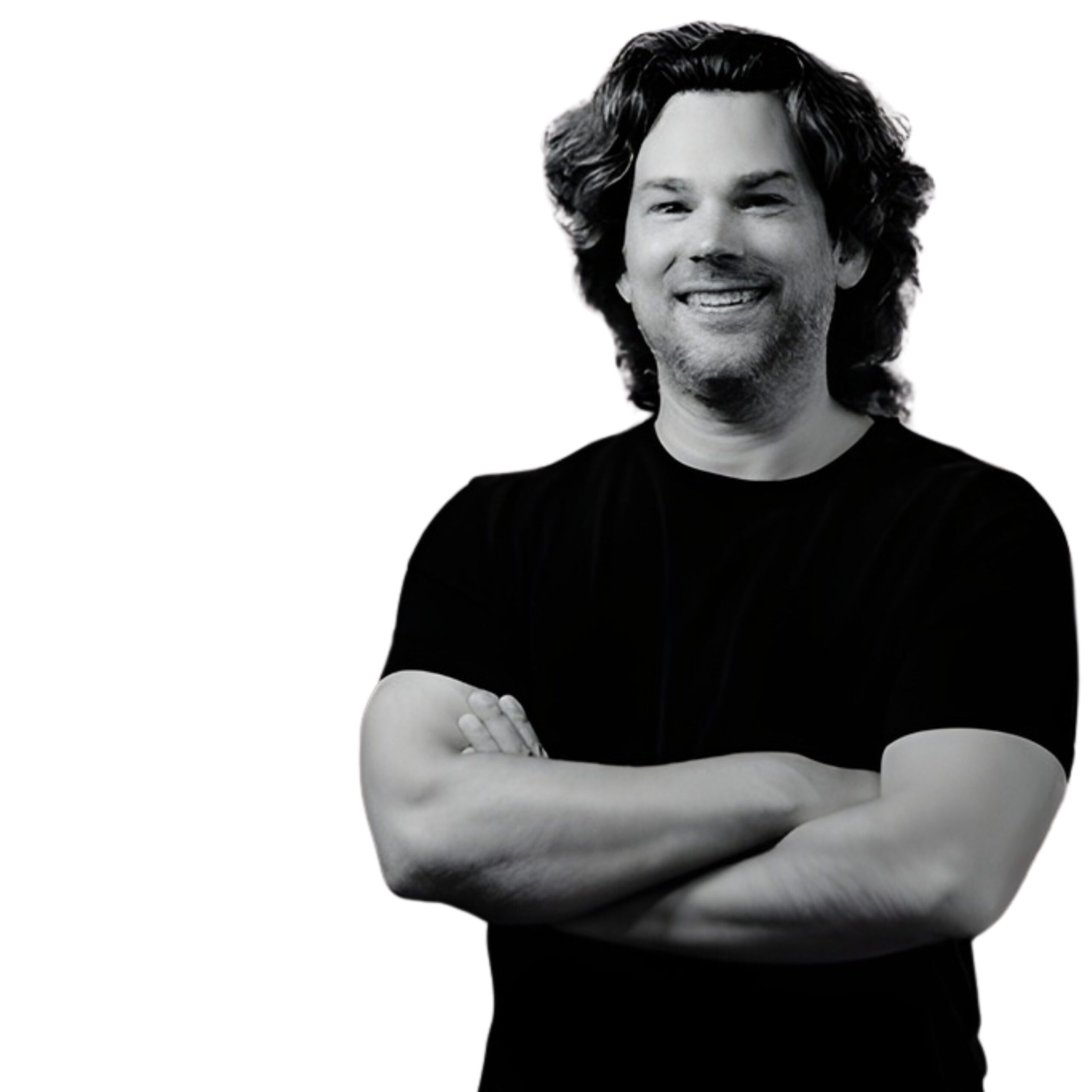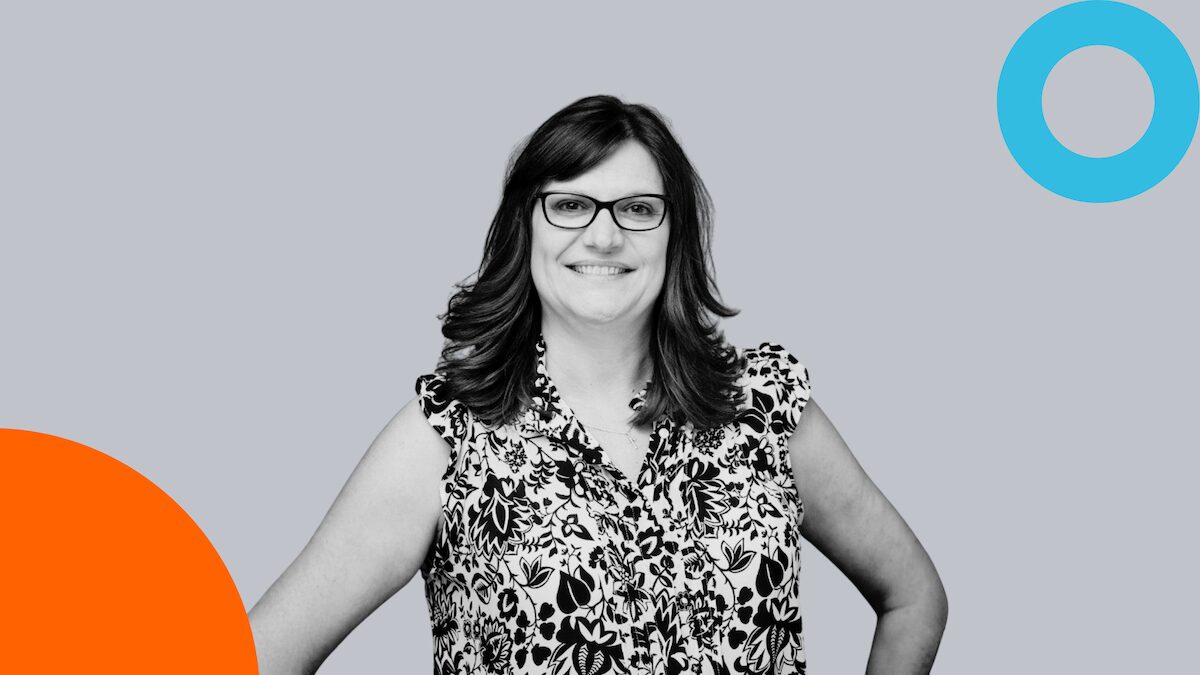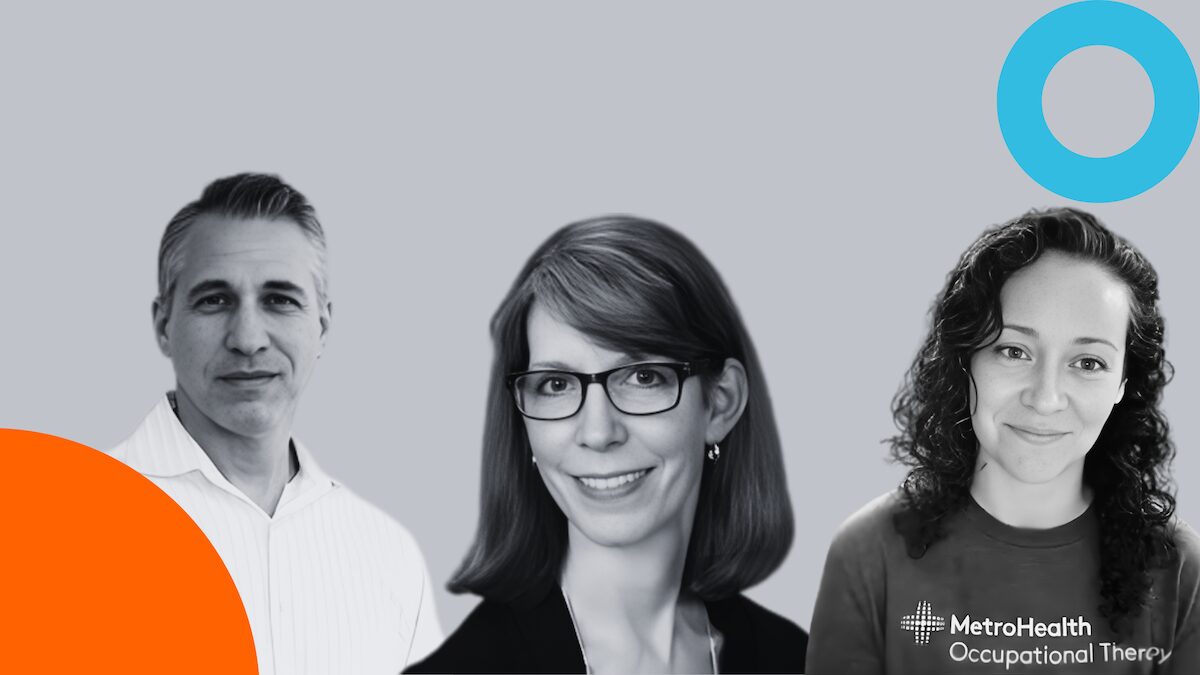In this episode of The Charity Charge Show, hosts Matt and Grayson sit down with Alexx Goeller, CEO of Wasteless Solutions, a nonprofit making a significant reduction in food waste in Utah. Alexx shares her journey into the nonprofit sector, driven by a passion for community service and sustainability. She discusses how Wasteless focuses on diverting edible food from landfills to combat food waste and food insecurity.
From Passion to Purpose: The Genesis of Wasteless
Alexx’s career is a testament to the power of combining passion with purpose. With a background rooted in community service and nonprofit management, she was driven to create a tangible solution for two pressing issues: the staggering amount of food waste going to landfills and the widespread problem of food insecurity.
Wasteless Solutions was born from this vision. The organization’s core mission is simple yet powerful: rescue edible food before it’s discarded and get it to people who need it most. They’ve already rescued over $5 million worth of food, a testament to their dedication and effectiveness.
More Than a Rescue Mission
Wasteless’s approach goes beyond simply collecting and distributing food. They’ve developed a multi-faceted strategy to maximize their impact.
- Food Rescue: This is the heart of their operation. They divert surplus food from retailers, restaurants, and other sources, ensuring that perfectly good food doesn’t end up in a landfill.
- Neighborhood Nourishment: Wasteless transforms rescued food into nutritious meals and distributes them through mobile markets. This innovative model brings healthy food directly to communities that have limited access to it.
- Education: They also host classes and provide practical tips to help individuals reduce their own food waste at home. This educational component empowers people to be part of the solution, creating a ripple effect of positive change.
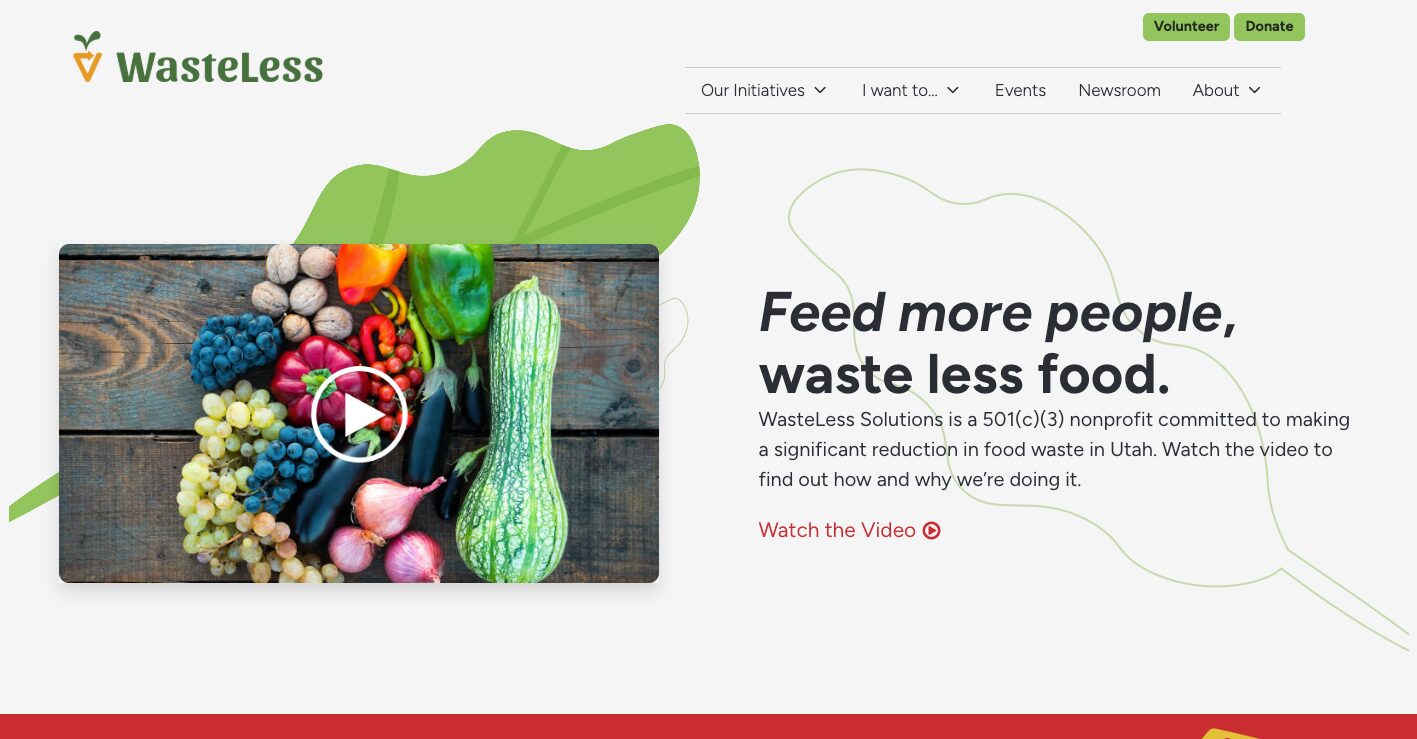
The Big Picture: Why Food Waste Matters
It’s easy to think of food waste as just a minor inconvenience, but its impact on the planet is significant. When food breaks down in landfills, it releases methane, a greenhouse gas far more potent than carbon dioxide. By preventing this waste, organizations like Wasteless are directly contributing to the fight against climate change and reducing greenhouse gas emissions.
Alexx also highlighted the importance of collaboration. Wasteless works with other food rescue organizations, sharing knowledge and resources to create a more efficient and impactful network. This cooperative spirit is a cornerstone of their success.
Building a Sustainable Nonprofit
For any nonprofit, sustainability is key. Alexx shared valuable insights on how Wasteless ensures its longevity and effectiveness. A strong brand and diverse funding sources are crucial.
- Brand Awareness: Building a recognizable brand is vital for attracting volunteers and donors. Volunteers, in particular, are the lifeblood of Wasteless’s operations, and their active engagement is essential.
- Creative Fundraising: Wasteless finds creative ways to engage the community, turning fundraising into fun, memorable events. This not only raises funds but also builds a loyal community of supporters.
For new nonprofit leaders, Alexx’s advice is clear: you must balance mission-driven work with the funding needs to create a supportive and sustainable environment.
Podcast Transcript Q&A
Q: Alexx, what first drew you to nonprofit work?
Alexx Goeller:
I grew up in a family that valued giving back. My mom would have us put together kits for the homeless shelter during the holidays, and my parents were always charitable. That environment shaped me.
By age 12, I had already decided I wanted to join the Peace Corps. My parents were incredibly supportive, and that kind of encouragement pushed me toward a lifelong commitment to service.
I did one year in the corporate world managing a philanthropy program, and I realized quickly—nonprofit work was where I belonged. It’s all I’ve ever really wanted to do.
Q: Tell us about Wasteless. What’s the mission and how did it start?
Alexx Goeller:
Wasteless was founded in 2018 by Dana Williamson, who noticed a huge disconnect: Utah had 600,000 people facing food insecurity and at the same time, 400,000 tons of edible food going to landfills each year. She set out to bridge that gap.
The organization uses an innovative app to coordinate food pickups and deliveries. We work with hundreds of donors—from grocery stores to restaurants to event caterers—and partner with nonprofit receiving sites who distribute the food.
Our core mission is food rescue, but we’ve expanded to include education and direct service programs like our Neighborhood Nourishment Program. With support from Whole Foods, we now run a refrigerated mobile market that takes fresh food directly into underserved neighborhoods. Everything is free, and it helps meet families where they are.
Q: Food waste is also a major climate issue. Can you talk about that connection?
Alexx Goeller:
Absolutely. Many people assume food just decomposes naturally in landfills. But it doesn’t. For example, a single head of lettuce can take 25 years to decompose in a landfill—and as it does, it releases toxic methane gas.
In fact, food waste accounts for about 4% of U.S. greenhouse gas emissions. Add in the water, transportation, and resources used to grow and ship that food, and the environmental impact is staggering.
So when we rescue food, we’re not only feeding people, we’re also cutting greenhouse gases and saving water.
Q: Do you collaborate with other food recovery organizations nationally?
Alexx Goeller:
Yes, and it’s one of the most inspiring parts of this work. We license our technology through Food Rescue US, which connects organizations across the country. There are also annual convenings like the ReFED Conference, where food recovery leaders share strategies and opportunities.
It’s a very collaborative network—people are quick to share what’s working, grant opportunities, and advice. We’re stronger because of it.
Q: How important are volunteers to your work?
Alexx Goeller:
They’re absolutely essential. We only have a handful of staff, but volunteers carry out the day-to-day food rescues, operate the mobile markets, and even help with large events where we recover tens of thousands of pounds of food.
The great thing is once people volunteer once, they’re hooked. It’s tangible—you pick up food, you deliver it, and you immediately see the impact. That keeps people coming back and bringing their friends.
Q: Funding is always a challenge for nonprofits. How does Wasteless approach it?
Alexx Goeller:
We rely heavily on grants right now, but we’re working on diversifying. Some ideas we’re exploring:
Corporate partnerships where companies sponsor mobile markets, specific rescue routes, or our vehicle fleet.
Special events, like our annual Second Chance Dance. Instead of a traditional gala, we partner with local chefs to create dishes from rescued food. Guests wear thrifted outfits, enjoy a DJ and silent auction, and vote on their favorite dishes. It’s fun, mission-aligned, and unique.
Earned revenue opportunities, such as small service fees for large-scale food donors, or corporate volunteer experiences where teams cook rescued food into meals for shelters.
I’ve also worked in organizations where earned revenue and donations were balanced, and I’d love to see us get closer to that model for more consistency.
Q: What tools or systems help you manage operations?
Alexx Goeller:
We’re in the early stages of using Bloomerang as our CRM, paired with QGive for fundraising and events. It’s been an adjustment, but exciting to get more organized.
For project management, I love Asana, and for design we rely heavily on Canva, which offers nonprofits a free subscription. For a small team like ours, those tools make a big difference.
Q: What advice would you give to new nonprofit leaders?
Alexx Goeller:
A few things:
Don’t assume everyone will care about your cause right away. You need to educate, share data, and find out what resonates with people.
Always think ahead with funding. Even if things look stable, plan several months out and explore creative earned revenue opportunities.
Lean on your board. Their role is to support you—financially, strategically, and with connections. Don’t hesitate to ask for help.
Ask lots of questions. Whether from your team, volunteers, or donors—input makes your organization stronger.
Q: And for individuals—what’s one simple way people can cut down on food waste in their own lives?
Alexx Goeller:
Start small. Look at what you throw away in a week and make adjustments.
Shop your fridge first before going to the grocery store.
Embrace leftovers or split restaurant meals.
Freeze or pickle items before they go bad.
Trust your senses, not just expiration labels. Many dates are guidelines, not hard rules.
It doesn’t have to be perfect. As we say at Wasteless, practice, not perfection, makes the difference.
Q: Before we wrap, we have to ask—your pit bull is named Betty White. Is that true?
Alexx Goeller:
Yes! I adopted her 11 years ago, and the rescue had already named her Betty White. At first, I was hesitant about pit bulls, but after meeting her, I completely fell in love. She’s been the sweetest companion ever since. The name immediately disarms people and makes them smile—it’s perfect.



